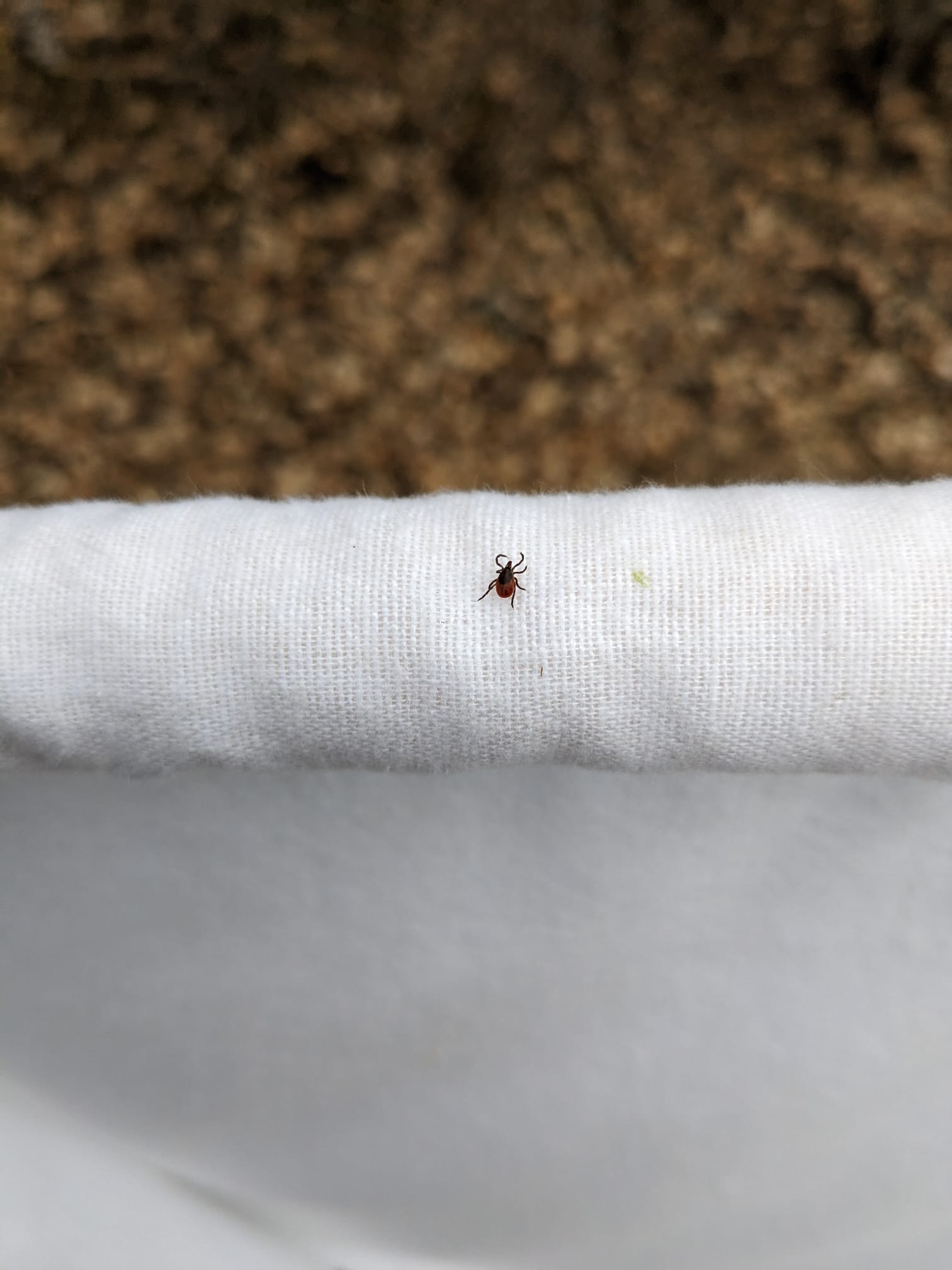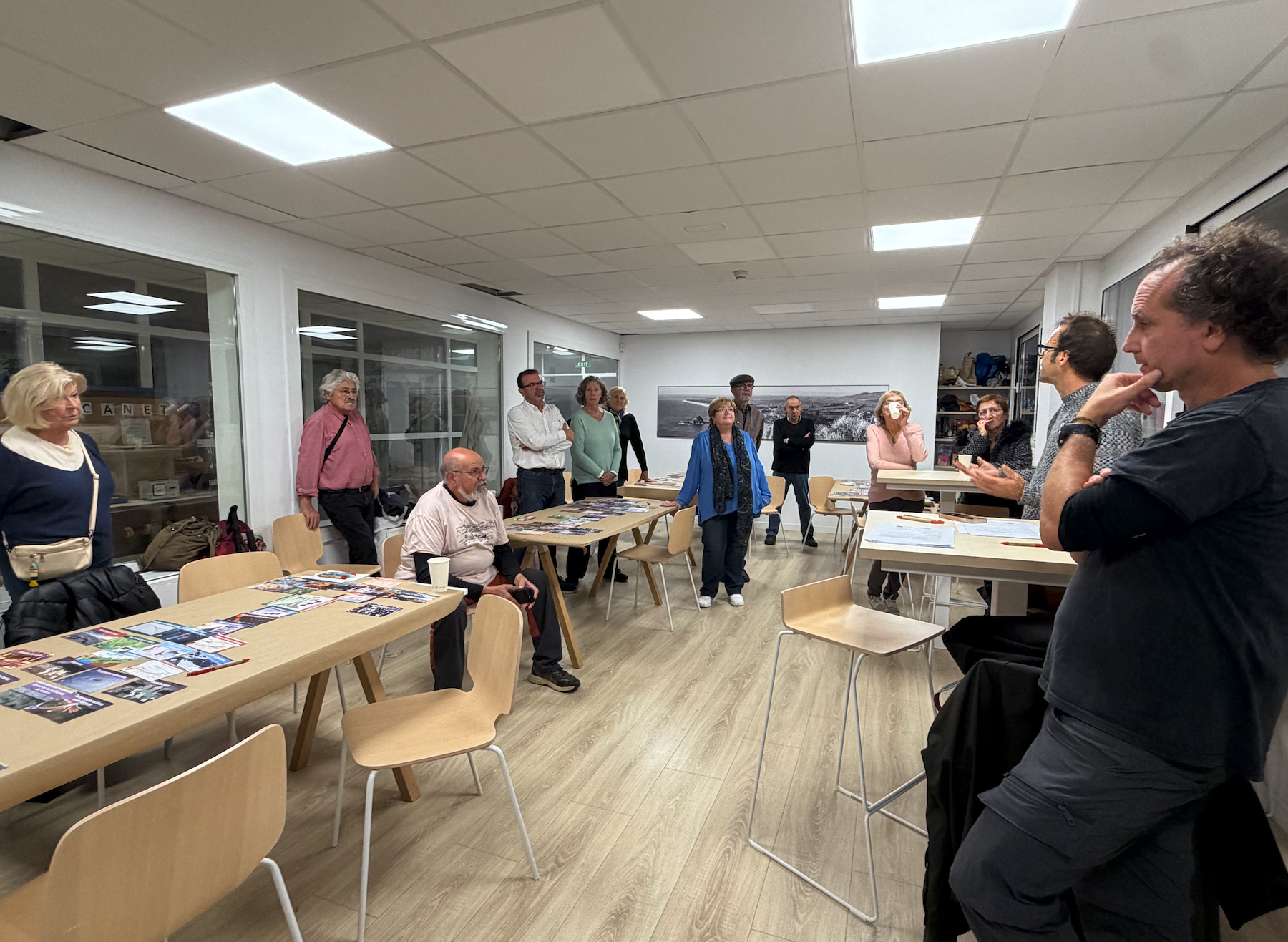We’re happy to announce a sixth case study site within the IDAlert project! Heidelberg has now been added to the selection of sites directly informing the outputs of this project.
Mosquitoes are commonly just a nuisance in Germany, but in recent years, they have been recognised as a risk factor for disease transmission. Arboviruses, such as the West Nile virus, have been detected in domestic mosquito species, animal hosts, and humans. Additionally, invasive species like Aedes Albopictus have emerged, which can transmit highly pathogenic viruses to humans. As a result, national and regional mosquito monitoring and arbovirus surveillance projects have been initiated over the past decade, with IDAlert now being one of them.
Located in the Upper Rhine Plain, Heidelberg has historically been inhabited by many domestic mosquitoes. Due to its mild climate, this area is also suitable for the permanent establishment of Aedes Albopictus. The number of Albopictus populations has increased in recent years, including populations in Ludwigshafen and Heidelberg. To control these populations, municipalities have initiated several measures in co-operation with field experts, such as using biological control agents and releasing sterile male mosquitoes. These measures have reduced local mosquito populations, but it has not yet been possible to eradicate the Albopictus populations in all districts of Heidelberg due to recurring reintroductions.
Warming temperatures due to climate change are further improving the conditions for mosquitoes to thrive in the Heidelberg/Rhein-Neckar region, and other parts of Germany. The risk of a local outbreak of arboviruses is further heightened by the co-occurrence of the increasing trends of global and local mobility and trade in this region. Improved, continued monitoring and surveillance to identify hot spots, proactively highlighting periods of unusually high transmission risk, and controlling mosquito populations and mosquito bites are even more important preventive measures. Improved, continued monitoring and surveillance to identify hot spots, to proactively highlight periods of unusual high transmission risk when the control of mosquito populations and mosquito bites are even more important preventive measures. Moreover, early detection of these viruses, through screening of mosquito populations, is pivotal.
The Heidelberg case study, as part of the IDAlert project, will center upon several core components. The case study aims to generate and pilot high-resolution geospatial indicators, pilot climate-based early warning systems, deliver climate change and vector-borne disease surveys, promote a citizen science mosquito initiative in Heidelberg and Rhein-Neckar-Kreis (RNK), evaluate the effect of urban interventions, and develop predictive models and indicators for mosquito activity and mosquito-human interactions.
The Heidelberg case study is run by a collaboration of researchers from a range of different disciplines at Heidelberg University in collaboration with the IDAlert partners and the local government. It is lead by the Heidelberg Institute of Global Health (HIGH) and the Interdisciplinary Centre for Scientific Computing (IWR). The collaboration further leverages existing expertise at the Heidelberg Institute for Geoinformation Technology (HeiGIT), the study will contribute to the generation of high-resolution geospatial data, including micro-climate and environmental data, land use changes and transformation, urban morphology, urban greenery and leaf cover, urban economic activity, and human mobility patterns as testable covariates for mosquito activity and mosquito-human interactions.
In partnership with other IDAlert teams, a digital survey will be conducted in Heidelberg and RNK to assess the knowledge, attitudes, beliefs, and practices of the local population in respect to climate change and shifting patterns of risk and exposure to vector-borne disease. The survey will address mosquito risk perception, risk avoidance strategies, and mobility patterns. Heidelberg will be the core focus of the study, but the RNK will also be a target.
To promote Mosquito Alert and other citizen science initiatives, the Heidelberg IDAlert team have planned a launch on Monday, 1st April in cooperation with local partners and stakeholders, including the Heidelberg Public Health Authority and local entomologists. There will be a public lecture on the 16th of May to inform residents of the area as well as several media outreach activities. We will share more details on our social media channels closer to the time.




